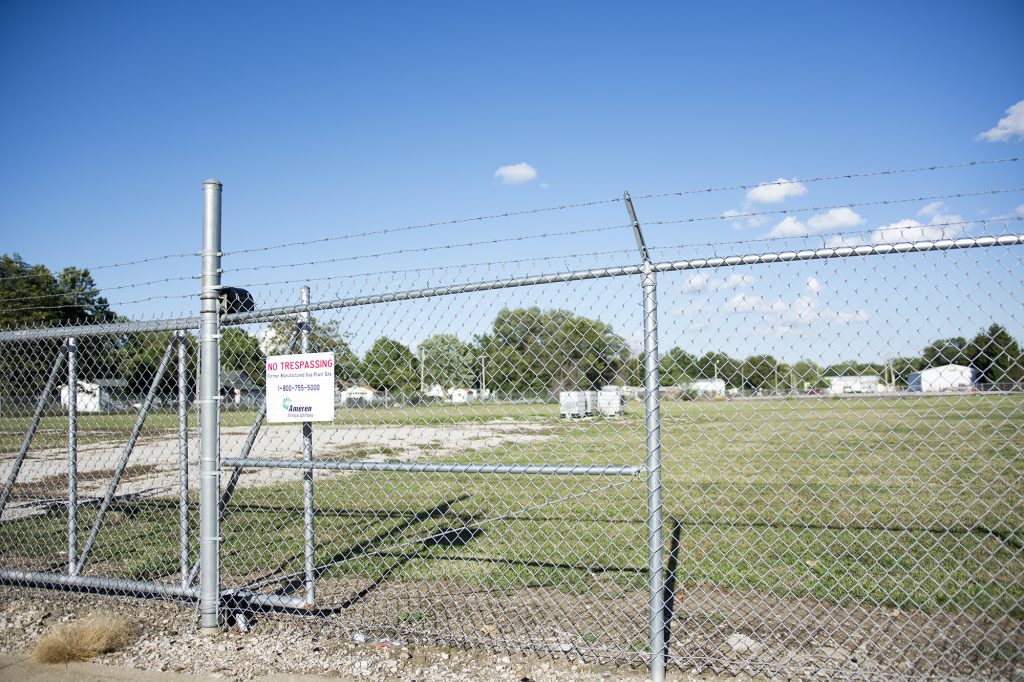The Institute for Sustainability, Energy, and Environment (iSEE) is providing seed funding for two new research projects at the University of Illinois Urbana-Champaign — one addressing health disparities in neighborhoods afflicted by hazardous waste, the other developing a sophisticated urban modeling framework to advance global urban sustainability science.
The urban modeling project is funded through iSEE’s 2022 interdisciplinary research initiative, and the health disparities grant is part of the Campus as a Living Laboratory (CALL) program. The projects focus on collecting preliminary data and enhancing researchers’ capacity to address critical knowledge gaps and ultimately secure future funding from major external granting agencies in the federal, foundation, and private sectors.
“The University of Illinois continues to leverage its resources to combat environmental challenges and build a more sustainable society,” said Jeremy Guest, iSEE Acting Associate Director for Research. “Through these grants, our scientists, engineers, and community health experts will use their skills to address climate change and environmental justice — at our doorstep and around the world.”

ABOVE: The Fifth and Hill plant site remains fenced off. Credit: iSEE. TOP: A concept for new urban modeling.
Many climate-driven threats such as heat stress, water scarcity, and energy insecurity are rooted in or exacerbated by urban environments. Rising global urbanization, coupled with climate change, will only increase these risks. The project selected for interdisciplinary seed funding seeks to develop a new urban modeling framework to help scientists understand the interactions between complex urban dynamics and climate change and chart a course toward more sustainable urban environments.
The framework will address a missing component in current Earth system models — representation of complex urban forms and urban-scale processes — by combining process-based modeling and cutting edge deep learning networks. The project will be led by Lei Zhao, Assistant Professor of Civil and Environmental Engineering (CEE).
Read more about the 2021 and ’22 seed-funded projects and research teams >>>
The new CALL project addresses health disparities in communities that once housed manufactured gas plants (MPGs), focusing on Champaign’s 5th and Hill neighborhood a few blocks from the U of I campus. MGPs converted coal and oil to gaseous fuel used for cooking and lighting in the 19th and early 20th centuries, but they also generated large quantities of coal tar and toxic wastewater that eventually seeped into groundwater. Further, MGPs commonly emitted harmful gases into the homes of nearby residents.
Led by CEE Assistant Professor Vishal Verma, the research team will develop low-cost sampling devices to monitor ambient and indoor air, water, and soil quality, build the capacity in those communities to use them, and develop a model to crowdsource the environmental monitoring data that could be implemented at the national level. The project will support local environmental justice efforts and promote long-term community health benefits while establishing a blueprint for successful community-academic partnerships to address environmental racism.
Read more about the Campus as a Living Lab program and the projects >>>
All seed-funded project teams are expected to submit proposals for external funding of at least $1M.
“We are excited to see these projects and teams come together over the coming year — and even more enthusiastic to see them blossom into full-grown research programs,” Guest said.
— Article by Julie Wurth, iSEE Communications Specialist
